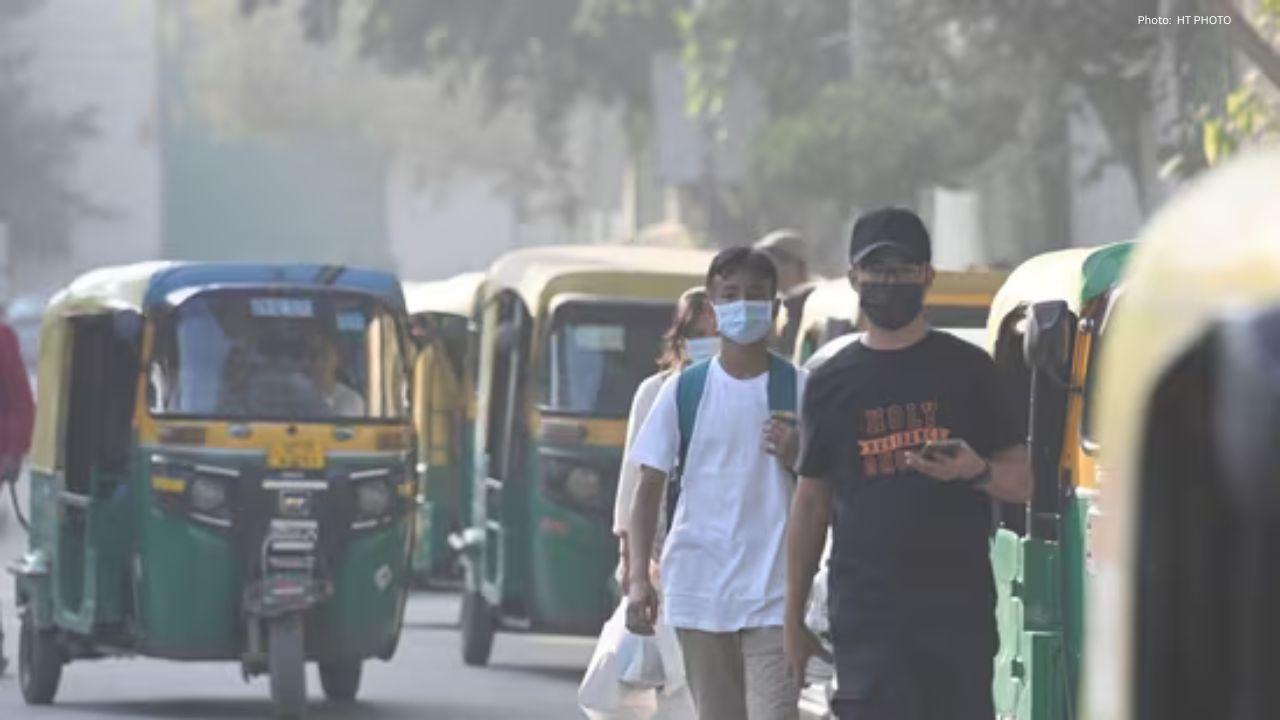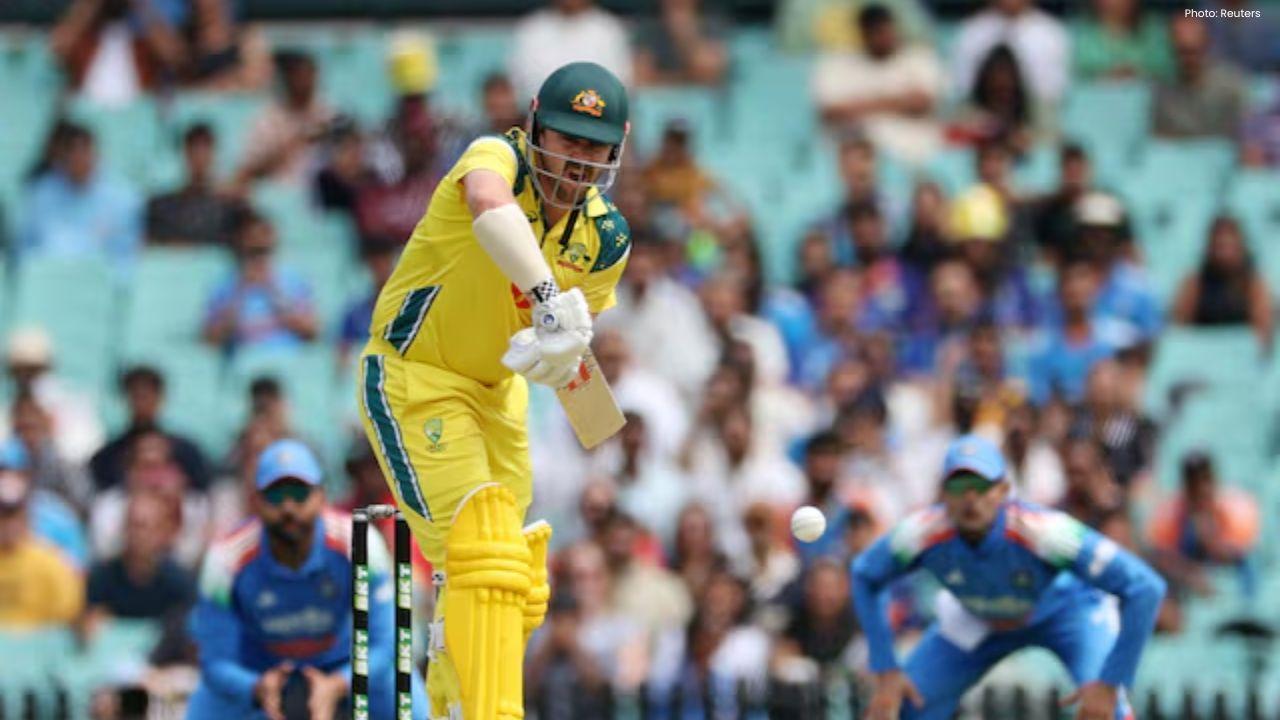
Post by : Anis Al-Rashid
The Maldives has introduced a novel public‑health law. From 1 November 2025, anyone born on or after 1 January 2007 is legally prohibited from purchasing, possessing, or using tobacco products in the country. The rule creates a cohort that will never have legal access to tobacco.
The measure covers both citizens and visitors and includes conventional cigarettes as well as vaping and e‑cigarette devices. Rather than raising the minimum age, the policy establishes a permanent restriction for a clearly defined generation.
This report summarises the policy rationale, projected health and social consequences, enforcement questions, and its wider international significance.
Tobacco has been a persistent public‑health problem in the Maldives, contributing to non‑communicable diseases and pressures on health services. By preventing a new generation from initiating use, authorities aim to cut future disease rates, lower care costs, and protect workforce health.
Common tools such as taxes, age limits and advertising bans have limits. The generational ban is designed as a structural prevention measure: instead of incrementally delaying uptake, it seeks to remove legal access for a specific birth cohort.
As a tourism‑dependent state, the Maldives sees the move as reinforcing a health‑forward image and demonstrating leadership on public‑health policy for small nations.
The restriction applies to every person born on or after 1 January 2007, effectively designating that cohort as permanently ineligible to legally access tobacco.
Prohibitions include the sale, purchase and use of tobacco items by those in the cohort. Retailers must check ages before sales, and the rule expressly includes vaping products and e‑cigarettes.
The law provides for fines and penalties for selling tobacco to ineligible buyers; comparable sanctions may apply for unlawful use of vaping devices.
Tourists born on or after 1 January 2007 are subject to the same restrictions, so the rule governs both residents and short‑term visitors.
The principal aim is to stop initiation among young people. Preventing the first tobacco exposure should reduce lifetime addiction risks and related disease burdens.
A lower future smoking prevalence is expected to reduce instances of lung and heart disease, potentially producing savings for health services and improving workforce productivity over time.
Legislation also shapes social norms. By legally marginalising tobacco for a generation, the policy could accelerate shifts toward smoke‑free behaviours among peers.
The Maldives’ approach sets an example; other governments considering youth‑focused measures will observe how it performs in practice.
High tourist volumes complicate age checks and consistent enforcement across resorts, airports and excursion venues.
A permanent ban could create incentives for illicit supply if demand persists. Strong oversight will be necessary to limit smuggling and unregulated sales.
Legal barriers do not eliminate social drivers of smoking: peer pressure, online influence and underground access remain risks to be managed.
Prevention must be paired with support for current users. The country will need cessation services, education programmes and sustained funding to address addiction and unintended outcomes.
The law acts as a test case for legislating protection for future cohorts. Positive outcomes could encourage similar strategies elsewhere.
Because tobacco use often co‑occurs with other risky behaviours, the policy could prompt broader, prevention‑focused youth health programmes.
Other tourism‑centric states may evaluate how public‑health goals can be integrated with visitor management and regulatory frameworks.
Researchers will track smoking rates, disease trends, enforcement data and illicit‑market indicators. The Maldives could become an important case study for generational health laws.
For those born after 2007, tobacco will be both legally prohibited and socially discouraged. How behaviour adapts over time will determine the policy’s real impact.
Schools and youth services can use the law as a basis for anti‑tobacco education, refusal skills training and healthier coping strategies.
Retailers must tighten age‑verification processes, and the market for products targeting younger customers will likely contract as firms refocus on older groups.
Young travellers should be aware that destination laws vary; this measure shows health regulations can affect visitors as well as residents.
Robust Age‑Verification Systems — Use ID checks, digital records and regular compliance audits.
Public Education Campaigns — Inform young people, parents, tourists and businesses about the regulation and its purpose.
Cessation Support — Offer counselling, nicotine‑replacement options and peer support for current users.
Data Monitoring — Monitor smoking prevalence, illegal market signals, enforcement outcomes and economic impacts.
International Collaboration — Share lessons and data with global health partners to refine implementation and research.
The Maldives’ generational tobacco ban is a significant and unconventional public‑health intervention. By prohibiting tobacco sales and use for those born on or after 1 January 2007, the policy aims to prevent initiation and reduce future disease burden. Its success will depend on enforcement, cessation services, education and monitoring for unintended consequences. Other countries will observe closely for lessons on applying generational protections.
This article is informational and not a substitute for medical, legal or policy advice. Consult health authorities and research sources for guidance.










Zohran Mamdani Elected New York City Mayor; Victory Celebration Features Bollywood Hit
Zohran Mamdani wins NYC mayoralty, the city's first Muslim and South Asian mayor; victory rally even

Nita Ambani Cheers India’s Women’s World Cup Triumph
Nita Ambani celebrated India’s Women’s World Cup win with grace and elegance, cheering proudly in st

Victoria Mboko Wins Montreal and Hong Kong Titles
Teen tennis star Victoria Mboko wins Montreal and Hong Kong titles, defeating Grand Slam champions a

Suns Defeat Spurs 130–118, Booker Leads with 28 Points
Devin Booker scored 28 points and 13 assists as the Phoenix Suns ended the San Antonio Spurs’ unbeat

Wolves Remove Coach Pereira After Poor Premier League Run
Wolverhampton have dismissed manager Vitor Pereira after failing to win any of their first ten Premi

Travis Head Leaves T20 Squad For Ashes Preparation
Australia’s Travis Head leaves T20 series against India to join Sheffield Shield for red-ball practi